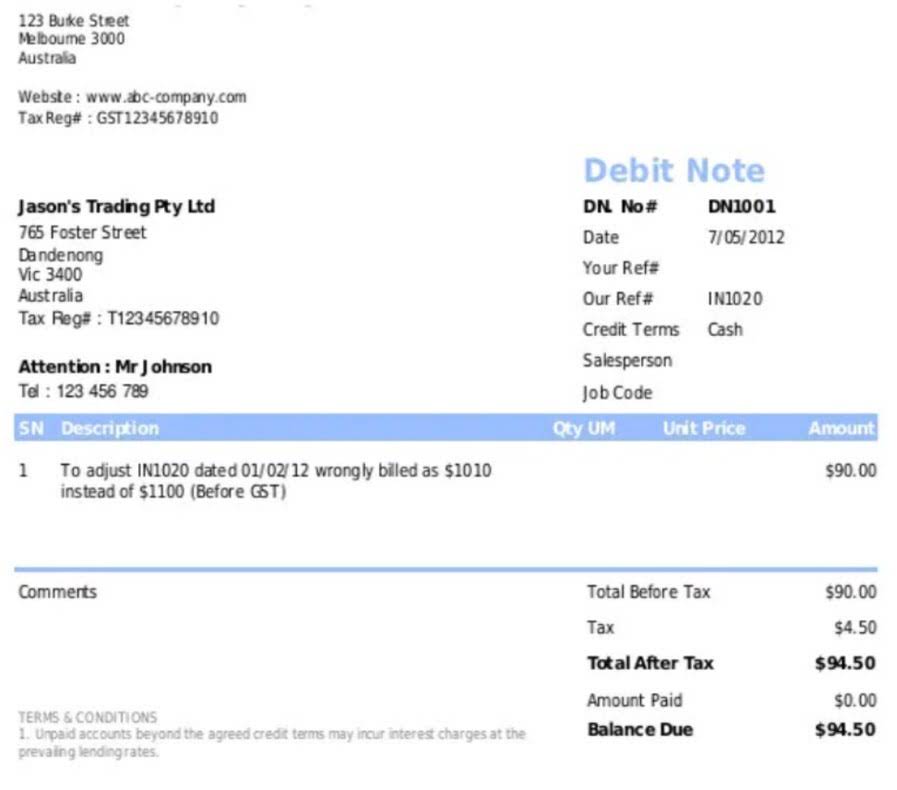
One of the best features of this software is that your bank information can be added automatically, making it especially easy to reconcile your accounts in QuickBooks. Accounting and bookkeeping can be complex, time-consuming, and tedious. Establishing robust accounting practices and processes can help small businesses be more financially organized, tax-ready, and profitable in the long run.
- Outsourcing can save you time and minimize the risk of mistakes.
- Note down the tax deadline, set a reminder beforehand so you give yourself enough time to actually fill your tax returns without any mistakes and the rest is a breeze.
- Calculating overhead rates helps understand the fixed cost burden per hour of operation, informing pricing and financial forecasting strategies.
- Set aside a designated time every day for essential bookkeeping tasks, such as depositing checks and inputting business transactions into the general ledger.
- However, you may reach a point where no enthusiasm or persistence level can help.
Track Expenses In Real Time

Additionally, business owners are likely to be unaware of the federal, local, and state laws and legal regulations required for business. Deciding which accounting structure to use for your small business is not your accountant’s prerogative alone. The information provided here is not investment, tax, or financial advice. You should consult with a licensed professional for advice concerning your specific situation.
Forecast future expenses and income
To flash fill, ensure that you have data in a column or columns with a discernible pattern. One of the best accounting software options for small businesses is QuickBooks Online (QuickBooks Self-Employed if you’re a sole proprietor). After receiving some initial QuickBooks training, you’ll be able to take care of your business finance all in one place.
Create sparkline mini-charts

FreshBooks is suitable for small business owners, self-employed professionals, freelancers, and businesses with employees. Keeping track of bookkeeping tasks as a small business owner can be challenging. You have to know the ins and outs of your business expenses and all your personal and business retained earnings balance sheet finances.
Remember and Stick to Tax Deadlines
To prevent your bookkeeping from piling up, it’s best to create a schedule for bookkeeping tasks and follow this schedule diligently. For example, data entry can be done as you go—or at least once a week. Then, bank reconciliations should be done monthly and tax payments made quarterly (depending on your location and business type). Once you’ve chosen your bank, you can set up a new account quickly and easily. Your business bank account will allow you to set up a debit card for any online payments or purchases.
You don’t want to sour relations with your customers or suppliers. Review your outstanding accounts receivable and don’t hesitate to send reminders to customers with overdue invoices. To take full advantage of the automation efficiencies available today, consider software that’s designed specifically for automated, cloud-based accounts payable (AP) bookkeeping. Spreadsheets can’t enter data for you, automatically route invoices for approval, or send ACH payments.
Understanding your business’s operational costs is very important. The real costs to keep a business running are not always obvious, which can lead to unexpected financial issues. If you track all your expenses—for example, office supplies, utilities, payroll, and https://dev-mahindigitalhub.pantheonsite.io/2022/04/12/special-enrollment-examination-wikipedia/ equipment—you can cover all your costs and maintain a healthy profit margin.

By understanding your spending habits, you can make informed decisions and free up resources to allocate towards your financial goals. Incorporating deadline reminders into your bookkeeping routine bookkeeping tips can help you avoid missing crucial tax filings or accruing late fees. Use a digital calendar, like the one on your smartphone or computer, to schedule entries for upcoming due dates.
- With GO TO special, you can select specific cells just with a single click.
- After receiving some initial QuickBooks training, you’ll be able to take care of your business finance all in one place.
- As part of billing your clients, you should introduce an invoice numbering system.
- If you’re not sure where to get started with forecasting, BILL Cash Flow Forecasting can help.
Managing payroll for small business owners can be tedious and prone to errors. Consider setting up automatic payroll runs with payroll software to ensure employees are paid accurately and on time. Compare your recorded transactions with your bank statements and address any inconsistencies, such as missing or duplicate entries. A prompt resolution helps maintain your financial health and provides peace of mind. Nowadays, cloud-based accounting software is essential for small business owners.